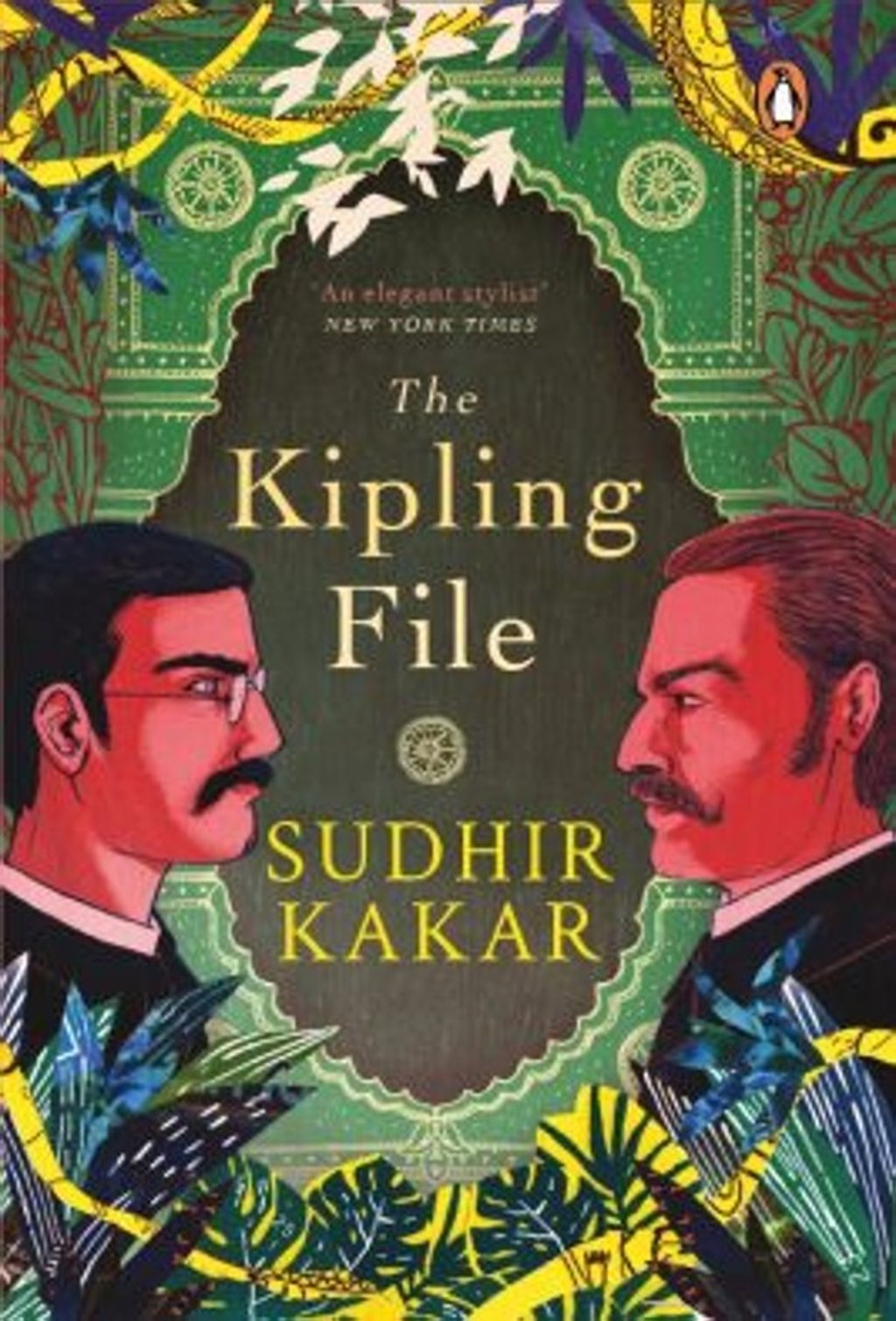Review | Rudyard Kipling’s sadism and squalid sexual urges writ large in Sudhir Kakar’s novel of historic fiction
The Kipling File is a well-researched, elegant and highly readable fictional account of the young writer’s life in colonial India

The Kipling File
by Sudhir Kakar
Penguin
For all its faults, British colonial rule bestowed a number of lasting benefits on India, from modern education and administration systems to a postal service and rail network that help connect the vast subcontinent.

There’s no lack of literary biographies of Rudyard Kipling, an unapologetic imperialist who was born in Mumbai, India, in 1865, and whose novels, short stories, children’s tales and poems have haunted the memories of generations. But it is rare to come across historical fiction about Kipling – and rarer still for an Indian to have written it.
Sudhir Kakar’s The Kipling File is a well-researched, elegantly written and highly readable interpretation of Kipling’s life in India. The author of five previous novels and 13 works of non-fiction, Kakar is a prominent Western-trained psychoanalyst known for his insights into Indian culture and the psyche of Indians.
The 229-page novel, which begins in the mid-1880s, revolves around a friendship between Kipling and Kay Robinson, who was one of his editors at a fledgling Lahore-based daily called the Civil and Military Gazette.